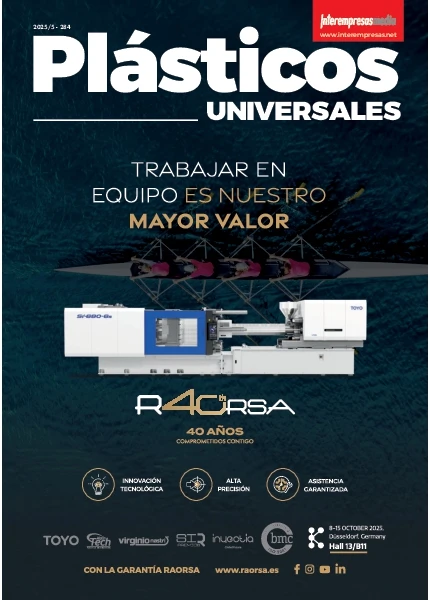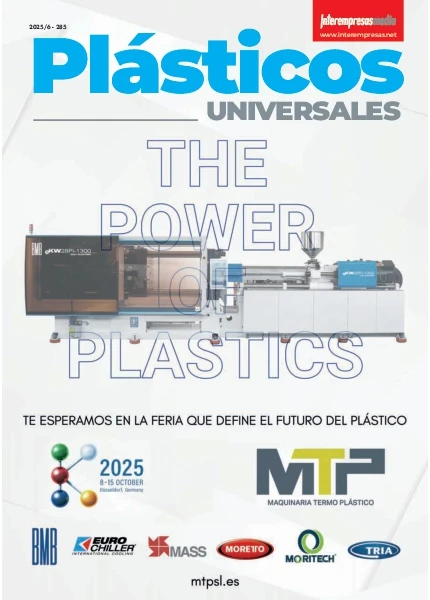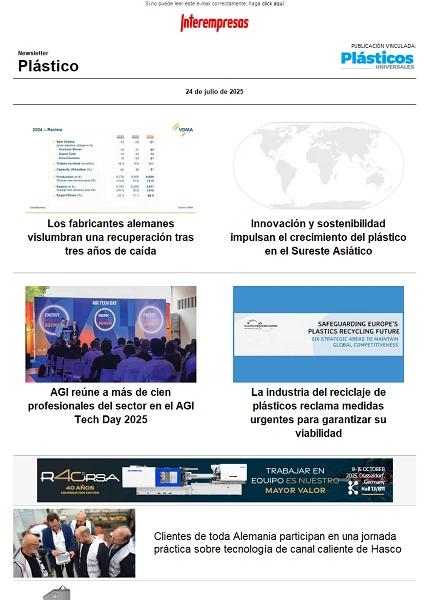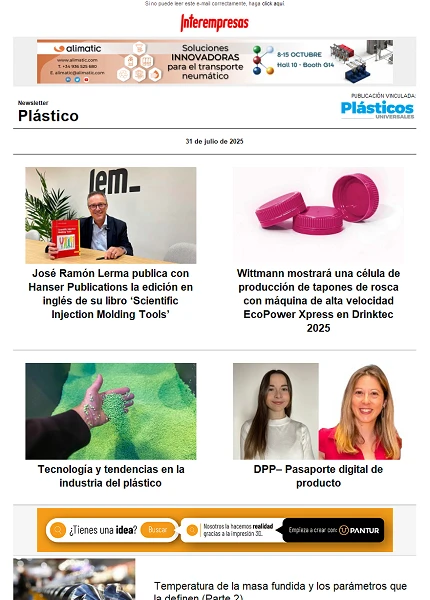Programas de intercomparación: una potente herramienta de control de calidad de los laboratorios
28 de abril de 2008
Esta herramienta también supone un alto potencial de mejora al obligar al laboratorio, ante resultados no satisfactorios, a poner a prueba su capacidad para detectar las posibles fuentes de error, como carencias en la cualificación del personal, la validación incompleta del procedimiento de ensayo o un error puntual en el funcionamiento del equipo, entre otros.
La importancia y el desarrollo de esta potente herramienta de control de calidad es tal, que hoy en día ya nadie se cuestiona su uso y son ya muchos los sectores, medioambiente, clínico, agroalimentario, etc., que la utilizan regularmente, lo que ha dado lugar a la aparición de un número importante de proveedores de ejercicios de intercomparación en el mercado.
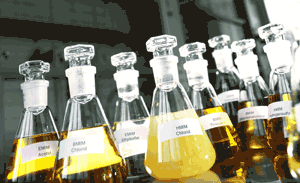
Situación internacional
En este sentido las organizaciones internacionales de acreditadores ILAC (International Laboratory Accreditacion Cooperation) y EA (European Co-Operation for Accreditation) han establecido políticas específicas en este terreno al entender que, desde la óptica de los acreditadores, la participación en este tipo de programas resulta un método adecuado de obtener información sobre el desempeño del laboratorio que puede ser utilizado dentro de las actividades de evaluación establecidas en el proceso de acreditación.
No obstante, para que un ejercicio de intercomparación rinda todo su potencial de control y mejora para el laboratorio es imprescindible que todo el proceso de gestión del ejercicio, desde la preparación de la muestra, su envío a los participantes y la explotación e interpretación de los datos, se haga con un elevado nivel de competencia técnica. La participación en ejercicios de intercomparación que no garanticen dicho nivel es un gasto de tiempo y dinero para los laboratorios que se debe evitar.
Y es en este entorno cuando aparecen los primeros esquemas de acreditación de Proveedores de Programas de Intercomparación como herramienta para su selección atendiendo a criterios de calidad y competencia técnica. Este tipo de acreditación surge originalmente en Australia pero rápidamente se extienden al resto del mundo siendo una realidad en ENAC desde el año 2002.
La situación internacional ha evolucionado mucho en los últimos años, siendo ya un hecho el que un importante número de los proveedores tanto a nivel europeo como mundial se encuentran acreditados. De hecho EPTIS-European Proficiency Testing Information System (www.eptis.bam.de), el mayor centro de información sobre ejercicios de intercomparación ya permite la búsqueda diferenciada entre proveedores acreditados y no acreditados.
En la actualidad no es práctica habitual que los organismos de acreditación exijan a los laboratorios que usen a proveedores acreditados. Sin embargo, no debe descartarse que esto pueda llegar a ser una exigencia de las organizaciones internacionales de acreditación en el futuro, especialmente cuando se establezca el correspondiente Acuerdo de Reconocimiento Mutuo relativo a Proveedores de Programas de Intercomparación, algo que probablemente será una realidad en el corto o medio plazo.
Pero más allá de que se convierta o no en una exigencia, el uso de proveedores acreditados tiene otras ventajas, como es el hecho de que los laboratorios que los usan no necesitan desarrollar una metodología ni invertir recursos para evaluar a los proveedores, al poder confiar en la evaluación realizada por los organismos de acreditación. Sin olvidarnos de que al llevarse a cabo la evaluación por profesionales expertos se contribuye a aumentar el nivel de calidad de los programas existentes y, por lo tanto, la confianza en los resultados.
El sector en España
Por todo ello, desde ENAC creemos imprescindible potenciar un uso más profesional y sistemático de esta herramienta, para lo cual es necesario que los laboratorios establezcan políticas y procedimientos robustos en relación con la evaluación tanto de la calidad de los ejercicios en los que participan como de la fiabilidad de sus resultados, teniendo en cuenta las ventajas que aporta el emplear Proveedores acreditados cuando los haya
La opinión de los expertos sobre la situación del sector Blanca San Vicente, Representante de FELAB
En este sentido, la intercomparación cada vez más se ve como una actividad que puede contribuir no sólo como medio para verificar la calidad de los métodos de ensayo, sino para evaluar las habilidades de los analistas, detectar sesgos que pueden no detectarse con los programas de control de calidad intralaboratorio e incluso monitorizar la evolución de los métodos de ensayo a lo largo del tiempo.
Asimismo, y analizando el contenido (resultados estadísticos, métodos, gráficos, tablas, etc.) de los informes que suministran los organizadores de los ejercicios, el laboratorio puede comparar la calidad de sus ensayos con la de otros laboratorios que poseen diferencias en cuanto al proceso o alguna de las etapas del mismo, además de obtener información sobre otros aspectos concretos de sus métodos de trabajo, como las metodologías que presentan menores sesgos en matrices complejas; los sesgos asociados a las distintas técnicas; si los métodos que emplea el laboratorio son los que utiliza la mayoría, son obsoletos o, por el contrario son punteros, etc.
Además, como valor añadido, la participación puede aportar resultados a los estudios de exactitud y cálculo de incertidumbre necesarios para realizar la correspondiente validación de los métodos.
Por tanto, si tenemos en cuenta todos estos aspectos un laboratorio debe considerar que los beneficios y ventajas que ofrece una participación bien seleccionada, realizada y estudiada, van siempre a compensar el esfuerzo empleado.
Francisco García, Jefe de Laboratorio y Responsable de Calidad de Labaqua, proveedora de ejercicios de intercomparación acreditado por ENAC
Entre sus obligaciones se encuentra, más allá de disponer de un sistema de calidad, el cumplimiento de requisitos técnicos muy exigentes como la caracterización y el estudio de la homogeneidad y estabilidad de la muestra. Todos estos ensayos previos se realizan bajo los criterios de la norma ISO 17025, lo que implica un esfuerzo técnico y económico importante con el fin último de proporcionar a todos los laboratorios participantes muestras idénticas, base primordial sobre la que se debe sustentar un buen ejercicio de intercomparación. Por último el empleo de técnicas estadísticas contrastadas por parte del organizador proporciona a los participantes resultados con los cuales compararse con la suficiente garantía para que puedan emplearse en su quehacer diario sin la duda de si la regla con la que se miden es la adecuada.
En resumen, la participación en ejercicios de intercomparación acreditados es el mejor medio con el cual comparar nuestros resultados y conocer la calidad del servicio que ofrecemos a nuestros clientes.
Iñaki Eguileor, Miembro del Comité Científico del Central Science Laboratory, Agencia Ejecutiva del Departamento de Alimentación, Medio Ambiente y asuntos rurales del Gobierno Británico, proveedora de ejercicios de intercomparación acreditados
Una de las principales inquietudes de los laboratorios, y sus clientes, es conocer si sus resultados son comparables con los de otros laboratorios de su ámbito de actividad. Diversos sectores incluso requieren la participación satisfactoria en Ejercicios de Intercomparación (EI) como requisito para desarrollar sus actividades.
La norma ISO 13528 y el Protocolo Internacional Armonizado de IUPAC reflejan la mejora en las metodologías para desarrollar los ensayos de aptitud, incluyendo la evaluación estadística de los resultados y la calidad de los materiales empleados. Asimismo, el uso generalizado de parámetros de evaluación del rendimiento, como el z-score, facilita la interpretación de la calidad (sesgo y precisión) de los resultados de un laboratorio independientemente del sector y actividad evaluados.
Sin embargo, la principal evolución de los últimos años ha sido pasar de una simple descripción de la calidad ofrecida por los laboratorios, la denominada “calidad prevalente”, a tratar de conocer si los resultados aportados por los laboratorios son, además de comparables, adecuados para permitir que se tomen las decisiones apropiadas. Realizar una evaluación con objetivos de calidad adecuados al fin pretendido se ha convertido en el mayor reto de los proveedores de EI.
A los laboratorios les corresponde la selección de EI apropiados, que sean auténticas herramientas para su mejora y complementen eficazmente su control interno de la calidad. Para ello, además de la participación frecuente con materiales variados y similares a los reales, deben buscar unos informes claros que reflejen el empleo de criterios de evaluación adecuados. Así avalarán el cumplimiento de los requisitos que se establecieron en la validación de sus métodos obteniendo elementos objetivos para la mejora


